
Why the Latino voice can strengthen Corporate America
André Arbeláez and his organization, HC3, look to bring more diversity into high-level executive positions and contribute to the growth of U.S. Economy in the…
Leadership is a critical component in every sector of life. Just as important is the faces of those who hold leadership positions in Corporate America.
Hispanics make up a very small percentage of executive leaders in both the C-suite and on corporate boards in the United States. Understanding this dynamic, André Arbeláez wanted to do something to change that.
Spending 10 years on the Board of Directors and seven years as the President of the Hispanic IT Executive Council (HITEC) allowed Arbeláez to work with various corporations and highlight Hispanic technology leaders. It also helped him connect with Chief Information Officers (CIOs) of prominent companies, such as AT&T, Hewlett Packard, and Facebook.
“After I finished on their board, I wanted to make sure that I was still able to continue leveraging all that network and [maintaining the] leverage that I had across Corporate America,” Arbeláez said during an interview with AL DÍA in Philadelphia.
Currently, this city doesn’t yet have a Latino CEO among the top for profit corporations in our region, and much less among the few “Fortune 500” in our city.
This led to the creation of the Hispanic C-Suite Corporate Council (HC3), the premier National member organization aimed to develop Hispanic leaders in Corporate America.
Through engagement services, multicultural and multi-generational support, this organization is hoping to create an opportunity to promote, engage and develop Hispanic leaders from public and private companies.
According to the Hispanic Association on Corporate Responsibility (HACR) Corporate Governance Study, Hispanics hold only three percent of seats in the boardroom of Fortune 500 companies.
About 70 percent, or nearly 350 Fortune 500 companies, do not have a single Hispanic on their board.
Only two percent, or 10 Fortune 500 CEOs are of Hispanic descent, and only four percent of Fortune 500 companies had two Hispanics on their board.
Arbeláez said HC3’s mission is all about providing a voice for people who don’t have one, but this time at the highest levels of decision making in the corporate world.
While Hispanic CEOs often serve as a voice for their company, they don’t truly have a voice in Corporate America, he added.
He explained that Hispanic CEOs are often simply labeled as such.
CEOs can better serve as leaders and voices for their communities, and start the conversation surrounding the most pressing, important issues.
“We need to be taken equally as a member of our communities,” Arbeláez said, noting that legislation is one of the ways to do that.
“[We need to] engage important legislation that helps lift up people of color. But do it in an equitable way, where it’s equal representation of the challenges that are in America for Hispanics,” he added.
Despite the alarmingly low numbers of high-level Hispanic executives in Corporate America, Arbeláez says that the Hispanic community is strong.
“We have a lot of incredible strength in our community, but as a collective, we need to celebrate that, we need to elevate that, and make sure we develop that next generation of leaders,” he said.
Through advocacy, development, promotion and networking, HC3 aims to serve as the influence that can turn that proposition into a reality within the Corporate America.
“HC3 is really becoming that voice for the C-level executives, and two levels below,” he added.
When Arbeláez founded HC3 in 2018, he modeled it around another organization that has had a significant impact in supporting diversity in the corporate world.
That organization is the Executive Leadership Council (ELC). Founded in 1986 by 19 African American corporate men and women, the ELC is the preeminent member organization for the development of global black leaders, whose mission is to increase the number of successful black executives.
“The ELC believes in the business proposition that when diversity leads, corporate America and global enterprises succeed,” the organization’s site states.
“We want to do that for Hispanics,” said Arbeláez, expressing why he launched HC3. “There’s a need to have that voice to talk about Hispanic issues.”
Comprising 18 percent of the U.S. population, Hispanics have the numbers in the country to make an economic impact — U.S. Hispanics currently have $1.7 trillion in purchasing power. The goal is to leverage that daily economic power to grow and enter into the corporate world.
“We know demographics-wise, we’re a very strong community and we’re going to just keep coming,” said Arbeláez.
“But… we need accelerators in the process, as we take the responsibility, not only for us, but for the next generation to make sure that the path is fair, that the path is open, and more importantly, that the path is visible.”
Arbeláez’s philosophy is: “If I can see it, I can be it.”
The dedication to empowering others that Arbeláez exudes comes directly from the environment in which he was raised.
His father was a computer programmer, while his mother started a language company.
Born and raised in Detroit, Michigan, and having spent five years in Colombia as a young person, Arbeláez saw firsthand the value of community, hard work and ambition.
RELATED CONTENT
While he credited his parents for instilling those values into him, he also highlighted the impact that their approach had, not only for themselves, but for others, as well.
“It created an opportunity for two hard-working immigrants to create a life and be fortunate enough to allow me to be the first to go to college—and then my sister, subsequently—and see all the great things we have to offer,” he said of how his parents went about pursuing the American Dream.
With the buying power of Hispanic consumers in the United States so high and continuing to grow, the community’s impacts and contributions are bigger and more significant now than ever before.
Due to this, diversity, inclusion, and making sure decisions are reflective of the market has to be at the forefront of any successful businesses’ and corporations’ initiatives and endeavors.
“The community is changing, so business has to change with that,” said Arbeláez, adding that Hispanics’ purchasing power should be leveraged and embraced.
In the business world, money is the main focus. Therefore, Arbeláez suggested that businesses should see changes and shifts in the market as an opportunity to grow.
“Once you integrate people that look like the customer base, incredible things happen from the economic bottom line,” he added.
A big component of HC3 is partnering with like-minded organizations—those that are also working to highlight and promote the voices of the Hispanic community.
In addition to the ELC, other organizations like the Latino Corporate Directors Association (LCDA), L’Attitude, and many others serve a similar purpose.
There is currently a gap between mid-level organizations and the Hispanic community. These important organizations exist to create a strong voice that can help close that gap.
“HC3 is right there partnering with all of them to engage, to elevate that Hispanic community and help Corporate America engage, see, and be a part of this incredible transformation, as we see this country transform,” Arbeláez said.
Despite this, Hispanics still have an important role to play in intergenerationally building their community.
“Just because you’re in the door doesn’t mean you’re going to succeed; that’s still on the individual,” said Arbeláez.
“Nobody hands you anything. You have to earn it, build allies [and] build your tribes as you move forward in your corporate career.”
Arbeláez feels he has a responsibility to help others by, for example, taking executives in mid-tier levels of leadership and helping them advance to higher levels, creating a new wave of corporate leaders.
He hopes to see more Hispanic executives who are in similar positions want to take on that same responsibility.
“It has to be real, it has to be sincere, and it’s [going to take] that extra commitment,” he said.
“It’s also important to make sure that they have a reflection of leaders in their community, and [for] the business community [to] be that. So, as we all have children, there’s a pipeline and opportunity for them to grow.”




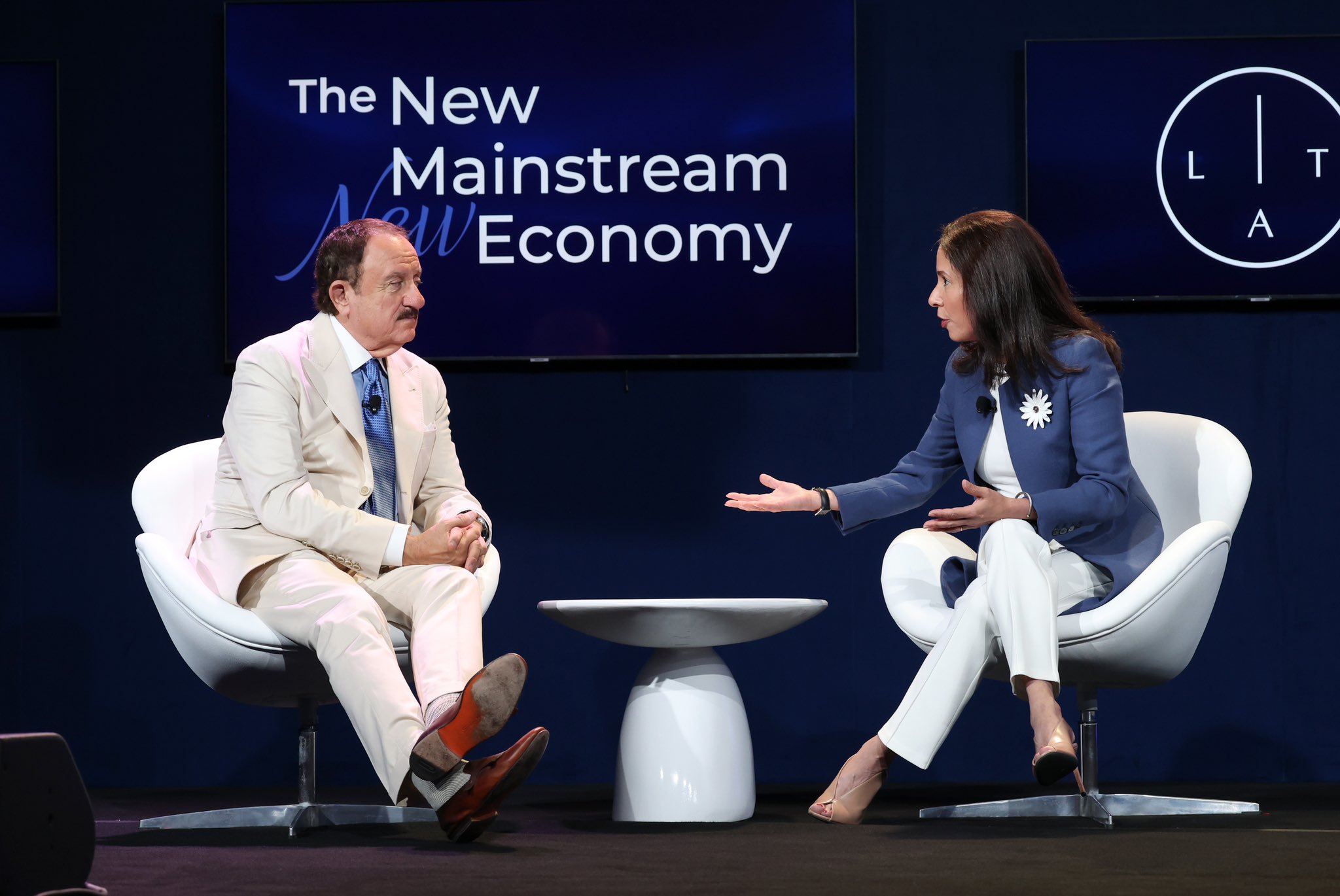

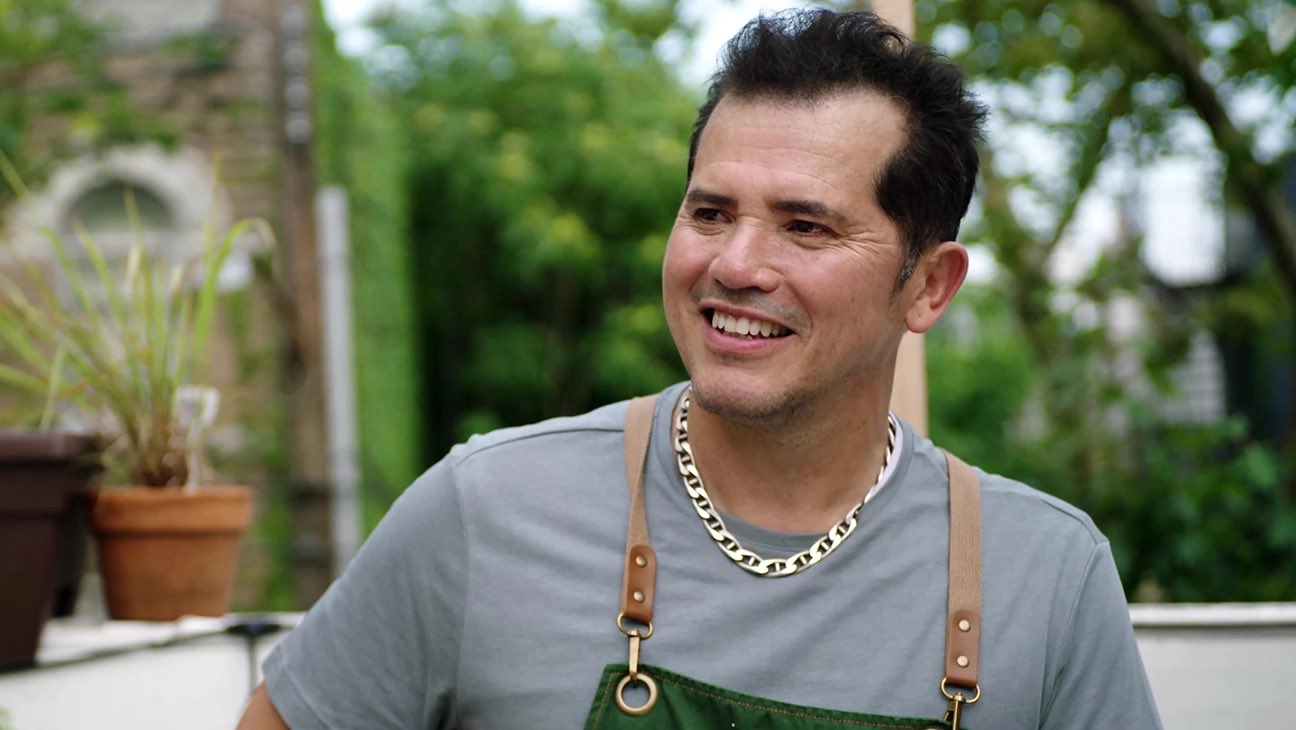
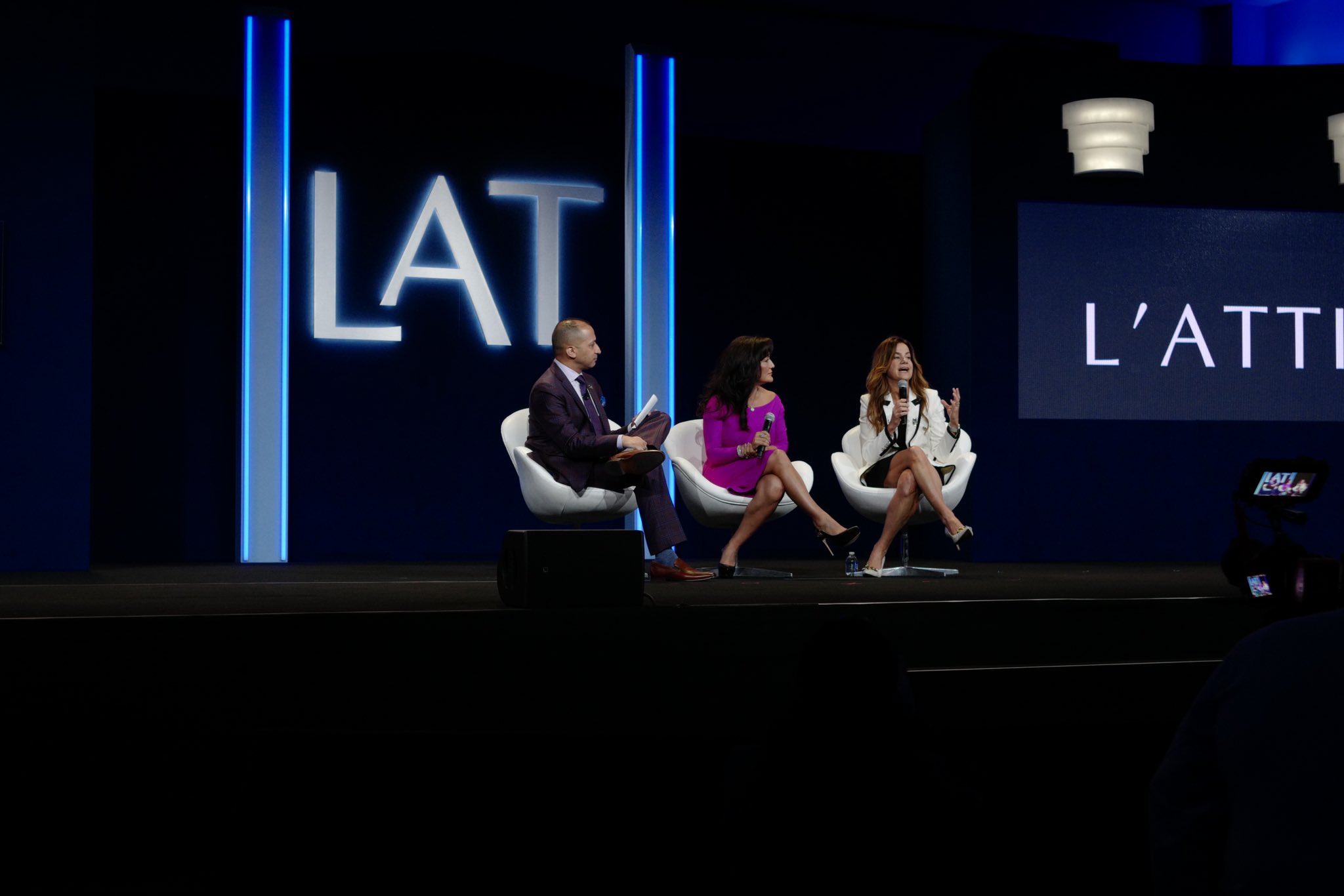
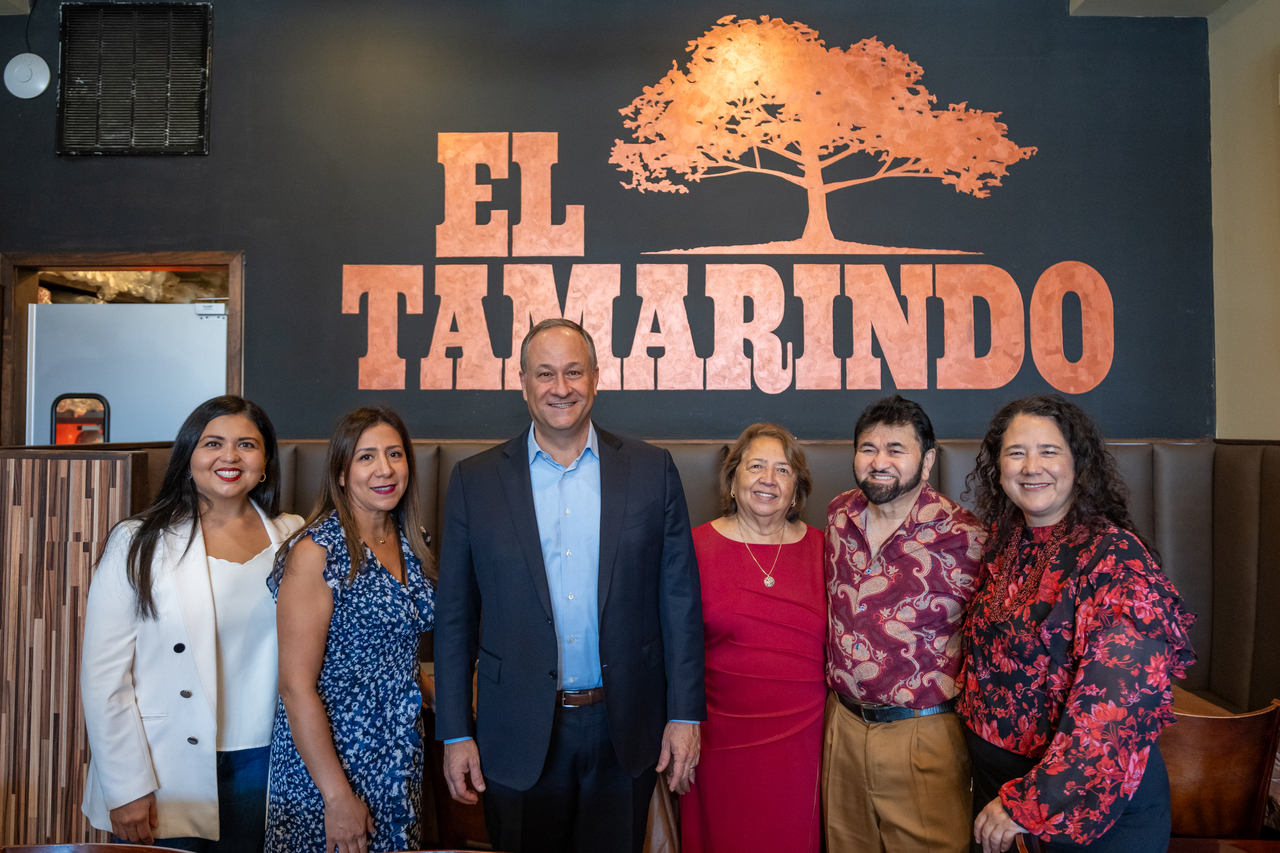
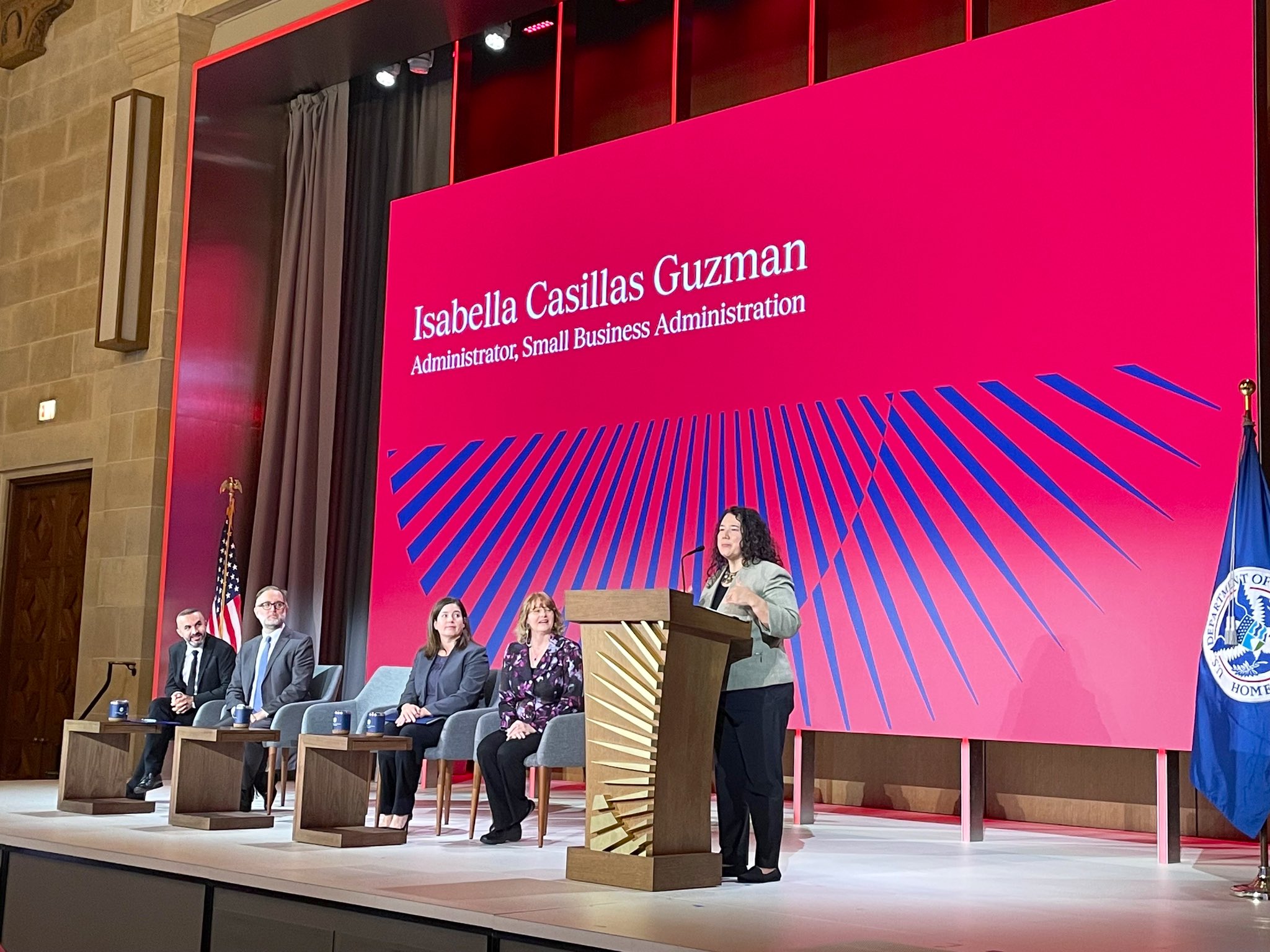

LEAVE A COMMENT:
Join the discussion! Leave a comment.